DUN3ES
The DUN3ES project (Développement d'une Utilisation Nouvelle, Éco-responsable et Socio-économiquement viable des ressources minérales naturelles) aims to promote the sustainable use of sand resources, in particular by encouraging circularity and the reuse of sand-containing by-products.
Launch date
2024
Leader

Stakeholder Leader
Université catholique de Louvain
1348 Ottignies-Louvain-la-Neuve
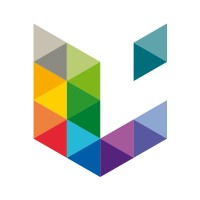
Stakeholder Leader
Université de Liège
4000 Liège
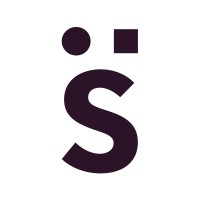
Stakeholder Leader
Sirris
Rue du Bois Saint-Jean 12
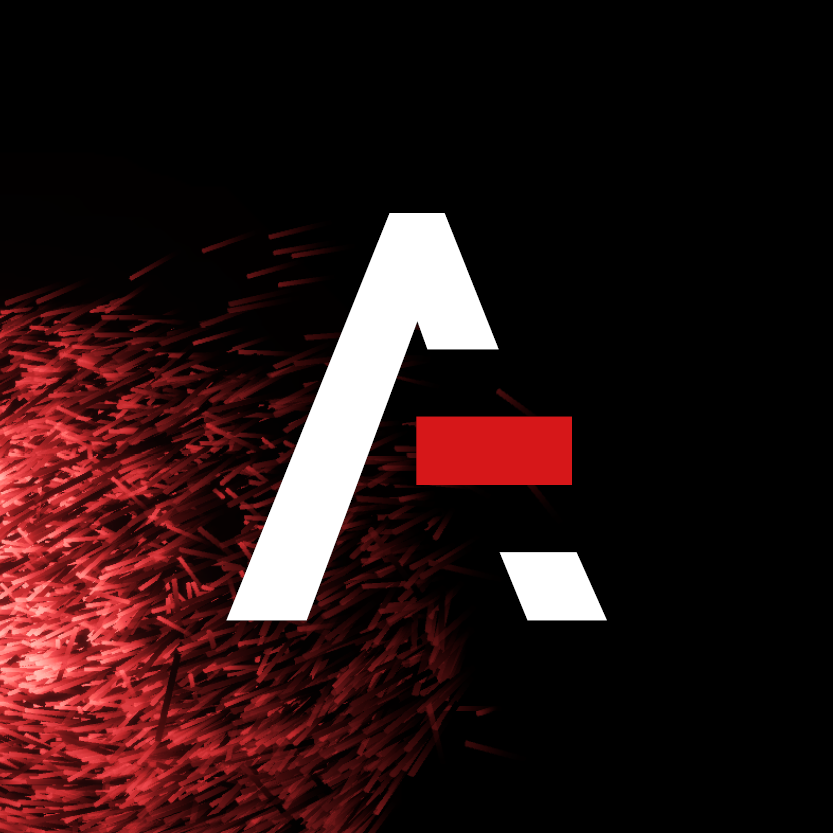
Stakeholder Leader
A6K
6000 Charleroi

Stakeholder Leader
Charleroi Entreprendre
6000 Charleroi
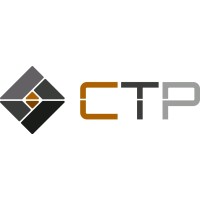
Stakeholder Leader
Centre Terre et Pierre
7500 Tournai
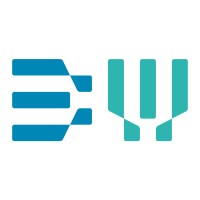
Stakeholder Leader
Buildwise
1342 Ottignies-Louvain-la-Neuve
About
DUN3ES - SIRRIS
The DUN3ES project under Sirris focuses on optimizing natural mineral resources and promoting circularity and the reuse of by-products as alternative secondary materials. Sirris' actions are centered around:
Project coordination - Task T0;
Development and manufacturing of materials (polymeric materials) - Task T7;
Valorization of materials obtained through generic demonstrators - Task T8.
The primary aim is to valorize primary and secondary mineral materials (fines < 5 µm) as fillers and additives in thermoplastic polymers. The project involves the initial step of formulation through compounding and measuring the resulting generic properties (mechanical and thermal). The subsequent phase focuses on valorization in concrete applications through plastic 3D printing, injection molding, or compression molding.
DUN3ES - CTP
The CTP project, part of the DUN3ES portfolio, aims to optimize the use of regional sand deposits and transform sand by-products into alternative materials for various applications. Specific activities include selecting primary and secondary sands, studying treatments to meet high-value application requirements, transforming sand by-products into alternative materials, and valorizing these fractions in conventional and high-end applications.
DUN3ES-UCL-LAB
The project focuses on analyzing the applications of materials studied by the DUN3ES portfolio in 3D printing manufacturing. This includes natural and recycled sands, fine fractions of fillered sands, and particles less than 5 µm potentially reactive. The project will test their implementation for 3D printing using various digital manufacturing techniques, develop segmented printed construction element systems, prototype them, test their assembly into construction systems, and study their integration into the DUN3ES portfolio Demonstrator, including an architectural contribution to the 'stamped concrete' project.
DUN3ES - ULIEGE
The ULIEGE project aims to screen technologies for the digitalization and online characterization of sands (natural and recycled mineral materials), develop concrete formulations (especially ready-mixed concrete, grouts for geothermal energy, and stamped concrete), verify their long-term behavior, assess their environmental impact (LCA), and analyze the psycho-social-ecological conditions for accepting recycled products in construction materials.
DUN3ES-UCL-IMMC
This project aligns with the European Union's goal of using the circular economy to reduce carbon emissions. Currently, there is a lack of knowledge about the impacts of circular economy-related innovations, particularly on value chains and recycled materials. To address this, the project aims to develop a tool to anticipate the impacts of material choices from their conception, with the goal of optimizing eco-responsible materials, minimizing negative socio-economic impacts, and promoting decarbonization.
DUN3ES - BUILDWISE
The DUN3ES-Buildwise project, part of the DUN3ES portfolio, explores various ways to valorize sand resources in the construction sector. It examines the use of fines and natural and recycled sands, considering technical, economic, and environmental aspects. The project aims to test these materials in traditional applications such as ready-mixed concrete as well as advanced applications like 3D printing concrete. Buildwise leverages the expertise of other project partners and has specialized laboratories to conduct its research. A Steering Committee will oversee the project to ensure effective dissemination of results to all stakeholders.






